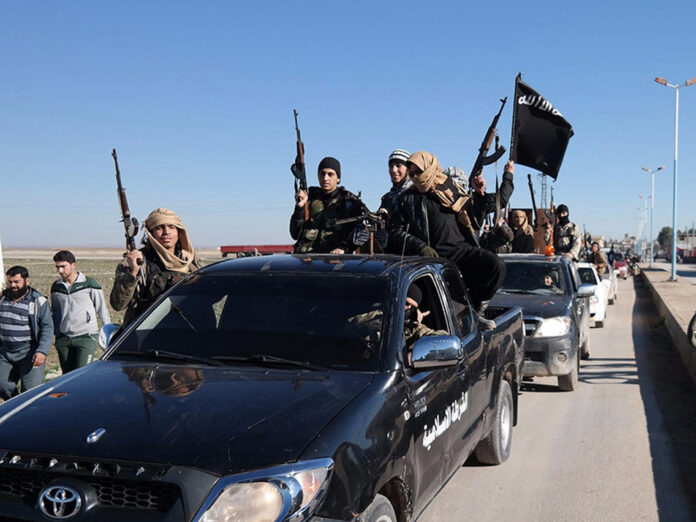Dr. Abrar Hassan Al-Nouri
Once the “ISIS” took control of large lands of Iraq, and for the brutality, they showed in their media propaganda, there was no way to confront them except with a group of ideologues; To be a parallel force that can withstand and confront the brutal way in which terrorist groups are proceeding.
After the religious authority’s fatwa (Almarjieia), Iraq was able to form a front of resistance and confrontation from the volunteer youth to defend its land and sanctities (according to the fatwa of Almarjieia in Najaf).
After the brutal fighting that the fighters faced in confronting the advance of ISIS, they did everything that could be done, and it was expected that the response would be violence that caused Iraq to lose countless fighters between wounded and dead, in addition to the acts of burning bodies, slaughtering and molesting corpses and so on. The aforementioned methods, and the physical injuries they left behind, such as: (amputation, paralysis, disability, removal of the damaged organs, and the scattered shrapnel in the fighters’ bodies), all of this produced a category that suffers from effects on the psychological and social relations of the fighters, especially those who faced those traumas or the wounded.
The adoption of brutality in the fighting by ISIS was enough to cause not a few Iraqi fighters psychologically and physically severe injuries, and as a result of those years of fighting and resistance, the fighters in the ranks of the Popular Mobilization – as one of the most important opponents of ISIS – suffered a set of psychological crises. And some of them still suffer from its negative effects with various psychological disorders, according to the statistics of the Popular Mobilization Forces Authority, the most prominent of these disorders was post-traumatic stress disorder (PTSD).










